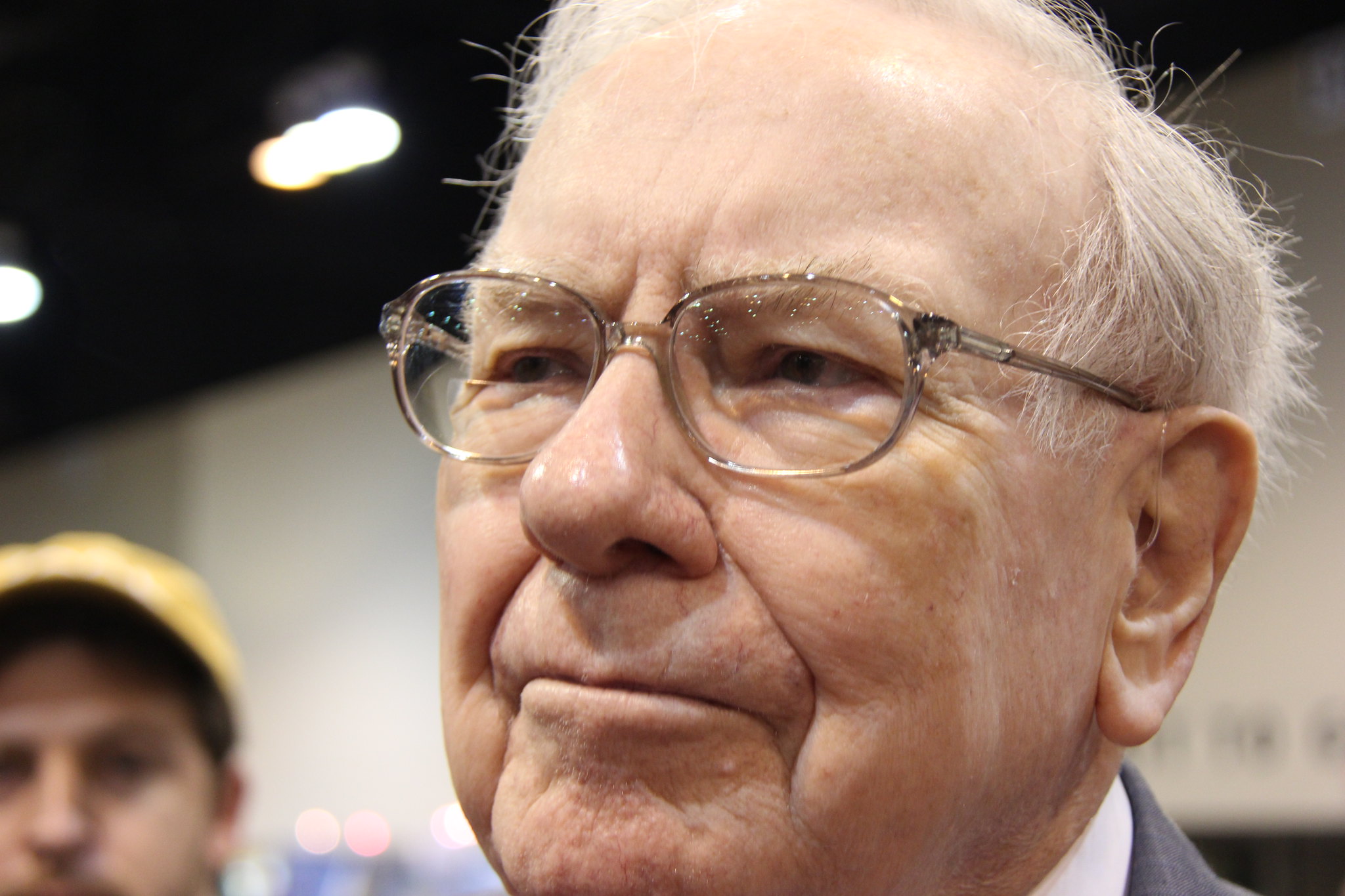Does Warren Buffett have a secret portfolio? Sort of. The holdings you see listed in Berkshire Hathaway‘s regulatory filings aren’t the only ones attached to the legendary investor.
In 1998, Berkshire acquired reinsurance company General Re, which in turn owned New England Asset Management (NEAM), an investment firm that maintains a portfolio of its own. While NEAM holds more than 100 stocks and exchange-traded funds (ETFs), some 21% of its portfolio — Buffett’s “secret” portfolio — is invested in three ETFs.
Image source: The Motley Fool.
1. SPDR S&P 500 ETF Trust
The SPDR S&P 500 ETF Trust (SPY -2.98%) makes up 13.1% of NEAM’s total holdings, ranking it as the top holding in Buffett’s secret portfolio. It’s also one of only two ETFs in Berkshire Hathaway’s portfolio.
We probably shouldn’t be surprised the SPDR S&P 500 ETF Trust boasts such a prominent position. It’s the largest ETF in the world based on assets under management. It also typically ranks among the most actively traded ETFs.
As its name indicates, this ETF attempts to track the performance of the S&P 500 index. It owns 503 stocks of some of the most successful companies in the U.S., including Apple, Microsoft, Nvidia, and Amazon. The strong gains for many of these mega-cap stocks, driven largely by the surging interest in artificial intelligence, have helped propel the SPDR S&P 500 ETF Trust to a year-to-date gain of 27%.
2. iShares Core MSCI EAFE ETF
Many investors might not be as familiar with the second-largest holding in NEAM’s portfolio. It’s the iShares Core MSCI EAFE ETF (IEFA -2.41%). This ETF makes up nearly 4.2% of NEAM’s total holdings.
The iShares Core MSCI EAFE ETF attempts to track the performance of the MSCI EAFE IMI Index. Understanding what those abbreviations stand for will help explain this index and ETF. MSCI stands for Morgan Stanley Capital International, an investment research firm. EAFE stands for Europe, Australasia, and the Far East. IMI stands for Investable Market Index.
Putting all of this together, the iShares Core MSCI EAFE ETF focuses on stocks of companies that operate in Europe, Australia, Asia, and the Far East. It owns 2,682 stocks with relatively similar weightings for each stock. The largest position for the ETF, Novo Nordisk, makes up only 1.82% of its total portfolio.
3. Vanguard High Dividend Yield ETF
NEAM’s third-largest holding is the Vanguard High Dividend Yield ETF (VYM -2.81%). This ETF makes up roughly 4% of the NEAM’s portfolio.
This ETF’s name reveals its focus. The fund attempts to track the performance of the FTSE High Dividend Yield Index. The Vanguard High Dividend Yield ETF owns 537 stocks and pays a dividend yield of 2.49%. Its top holdings include Broadcom, JPMorgan Chase, ExxonMobil, and Home Depot.
Vanguard is known for its low-cost funds. This ETF fits the mold, with an attractive annual expense ratio of only 0.06%.
Are these ETFs great picks for 2025?
The new year will bring uncertainty that makes it difficult to predict how these top ETFs in Buffett’s secret portfolio will perform. The policies of the incoming Trump administration could make a big difference. For example, if steep tariffs are imposed on all imports to the U.S. and cause a trade war, each of these three ETFs could suffer (especially the iShares Core MSCI EAFE ETF.) On the other hand, corporate tax cuts could provide a tailwind for the SPDR S&P 500 ETF Trust and the Vanguard High Dividend Yield ETF.
Because of the uncertainty, I don’t know if these ETFs will be great picks for 2025. However, I think all of them should be great picks for investors to own over the long run.
John Mackey, former CEO of Whole Foods Market, an Amazon subsidiary, is a member of The Motley Fool’s board of directors. JPMorgan Chase is an advertising partner of Motley Fool Money. Keith Speights has positions in Amazon, Apple, Berkshire Hathaway, ExxonMobil, and Microsoft. The Motley Fool has positions in and recommends Amazon, Apple, Berkshire Hathaway, Home Depot, JPMorgan Chase, Microsoft, Nvidia, and Vanguard Whitehall Funds-Vanguard High Dividend Yield ETF. The Motley Fool recommends Broadcom and Novo Nordisk and recommends the following options: long January 2026 $395 calls on Microsoft and short January 2026 $405 calls on Microsoft. The Motley Fool has a disclosure policy.

